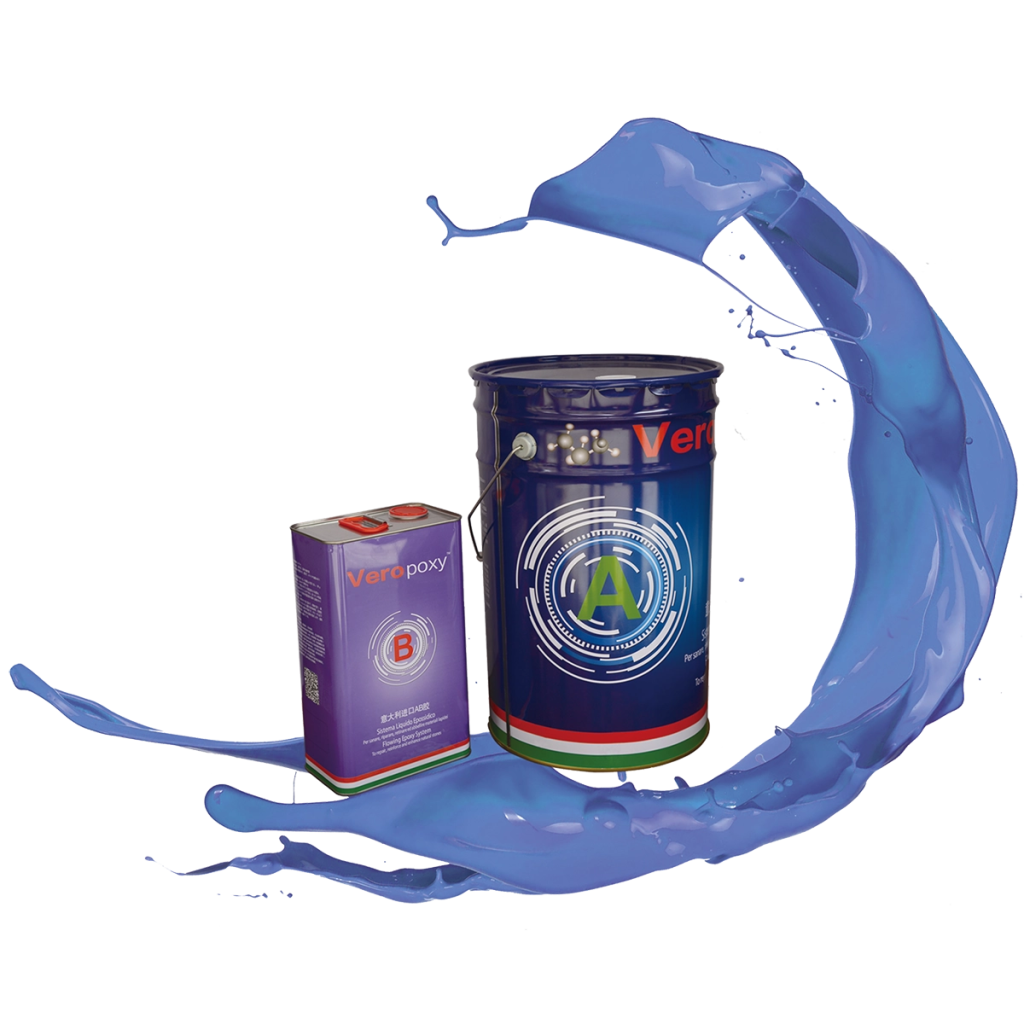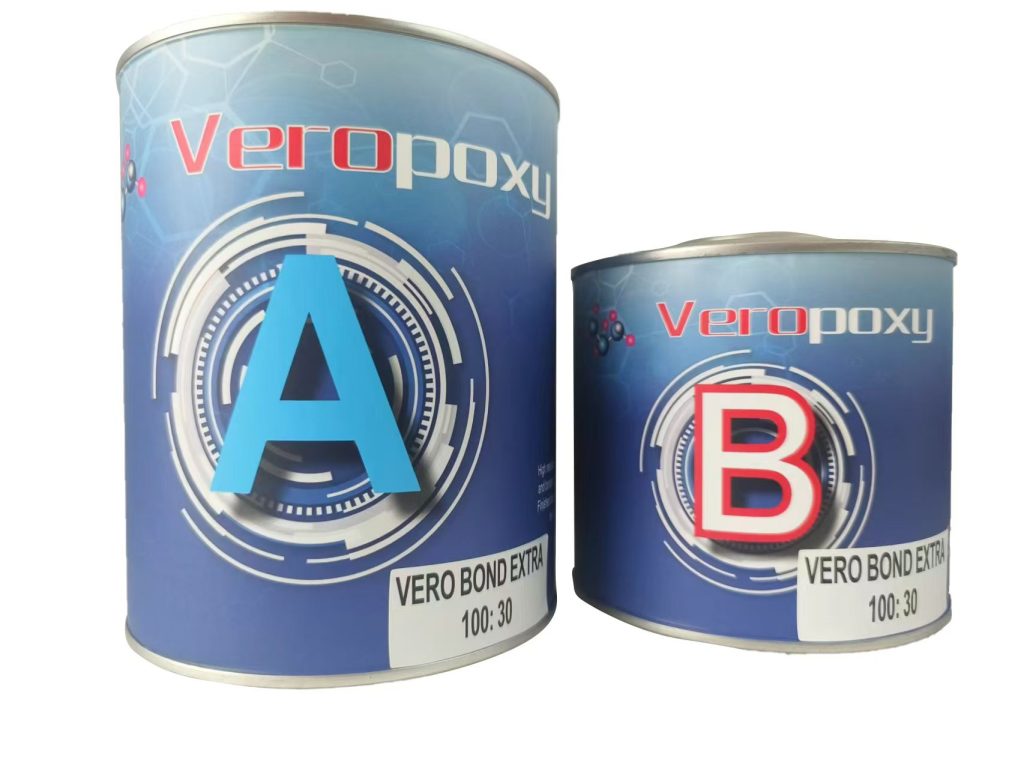Although Marble surfaces are renowned for their natural durability, beauty, and elegance, they are not perfect—especially considering heat. Marble can suffer from abrupt, high-temperature changes even if it is somewhat heat-resistant. Now let me introduce epoxy resin, a common marble protective solution. Does epoxy resin for marble, then, either enhance or reduce its natural heat resistance? Examining how epoxy resin interacts with heat and what this means for marble surfaces in practical, daily use, let’s explore the science of epoxy and marble.

Epoxy Resin
Introduction to Epoxy Resin and Marble
Epoxy resin is a versatile, hard-setting material that creates a protective coating on various surfaces, including marble. Epoxy resin for marble is well-known for its strength and durability; it offers still another layer of defence against moisture, stains, and scratches. Its glossy finish gives marble an appealing, polished appearance that accentuates its natural beauty. When it comes to heat, epoxy resin has certain restrictions though. This begs the question: does adding epoxy resin to marble either enhance or diminish its natural heat tolerance?
To answer this question, we need to understand how epoxy resin for marble reacts to heat and how it interacts with the stone’s inherent properties.
Understanding Heat Resistance in Marble
Marble is naturally resistant to heat but only to a limited extent. Although a warm plate or a coffee cup can survive regular indoor temperatures and brief contacts with hot objects, high temperatures can damage marble. If Marble comes into sudden, intense heat, such that of a hot pan straight from the oven, he may crack or experience thermal shock. This is the reason trivets and mats are usually advised to be used on marble countertops in kitchens.
Adding epoxy resin to marble somewhat alters the game. Though it has a lower heat tolerance than the stone itself, epoxy resin does preserve marble. This disparity in heat tolerance begs some fascinating issues regarding the reaction of epoxy-coated marble to high temperatures.
How Epoxy Resin Reacts to Heat
An organic polymer, epoxy resin boasts a rather low melting point. Usually between 120 and 140°F (50–60°C), most epoxy resins start to soften or warp. Resin may start to yellow, warp, or perhaps lose adhesion to the marble if temperatures above 200°F (93°C). This is a main point: although epoxy resin for marble is sensitive to high heat, it can offer great defence against stains and scratches.
Using epoxy on marble in a hot environment, say on a kitchen countertop or close to a fireplace, can cause warping or discolouration if it weakens under too great heat. This might not directly damage the marble, but it can influence the appearance and efficacy of the protective layer, so affecting the degree of shielding of the marble surface.
The Role of Epoxy Resin for Marble in Heat Protection
Epoxy resin for marble serves mainly to improve durability, stain resistance, and glossiness of finish. Still, heat resistance is not a strength of epoxy. Actually, adding epoxy resin can somewhat lower the capacity of marble to resist high temperatures. For instance, whereas an epoxy-coated marble surface may suffer discolouration, warping, or resin layer detachment under similar circumstances, a marble surface without epoxy could possibly handle a brief contact to a hot item without significant damage.
Epoxy resin does have some benefits, though, including increasing surface resistance to normal wear and tear. Epoxy resin for marble is quite helpful for surfaces where heat exposure is low, such bathroom counters, tabletops and decorative areas. In places like kitchen counters where hot objects could often come into touch with the surface, epoxy might not be the best option if strong heat exposure is anticipated.
Practical Tips for Using Epoxy Resin for Marble in Heat-Prone Areas
There are several doable actions you can take to maximise epoxy resin’s efficacy and reduce heat-related hazards if you wish to apply it for marble in a heat-sensitive area:
In the kitchen, always set hot pots and pans on heat-resistant mats or trivets rather than straight on the epoxy-coated marble surface.
Limit Direct Heat Exposure: Steer clear of putting high-heat tools like curling irons or hair dryers straight on epoxy-coated marble counters or vanities.
Select Specialised Epoxy: If you are determined to use epoxy in a high-heat environment, think about a high-temperature epoxy product especially designed to resist more heat levels. Though less often used, these specialised epoxies can provide extra strength.
Steer clear of Open Flames: Epoxy resin burns easily. Keep it away from open flames or high-temperature sources including stovetops or fireplaces.
Following these rules will help you to enjoy the advantages of epoxy resin for marble without sacrificing the beauty or lifetime of your stone surfaces.

epoxy resins
Does epoxy resin for marble improve its heat resistance then? Not entirely. Actually, applying epoxy may somewhat reduce the tolerance to high heat of the surface. Excellent protection against scratches, moisture, and stains, epoxy resin is perfect for places where heat is not a continual worry. In heat-sensitive environments, though, it’s advisable to guard the epoxy layer with mats and trivets.
Limit epoxy to areas where heat isn’t a regular issue, or investigate heat-resistant epoxy formulations for those who want both the aesthetic and protective qualities of epoxy resin for marble without running the danger of heat damage. In this sense, you can savour the best of both worlds: a finely polished marble surface with low heat-related damage risk.
Post time: 11 月-08-2024

